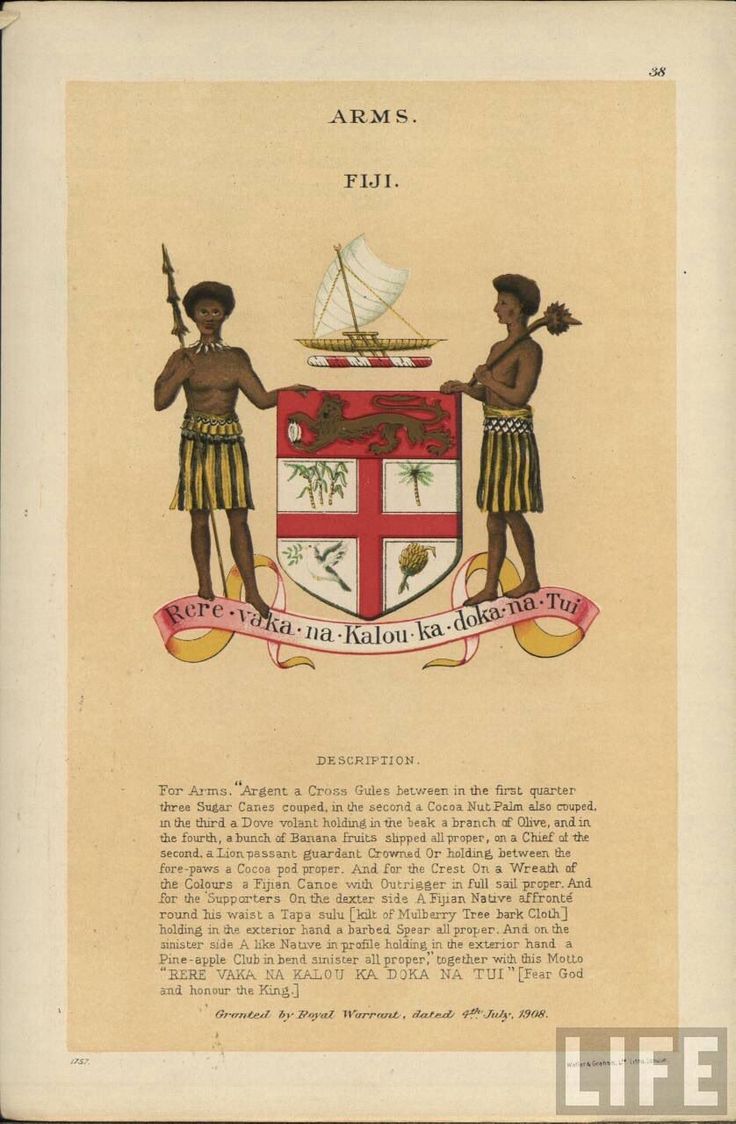Fiji, the land of turquoise waters, white-sand beaches, and picture-perfect sunsets. A place where the brochures promise endless smiles, warm hospitality, and cocktails served in coconuts. Sounds like a dream, right?
Well, peel back the layers of this idyllic paradise, and you’ll find a story that’s a little more, let’s say, real. Fiji’s history, society, and economy are as complex as its coral reefs—just not as Instagrammable.
Table of Contents
A Quick Dive into Fiji’s History: From Empire to Coups
Once upon a time, the British waltzed into Fiji in the late 19th century, waving flags and laying down colonial systems that would shape the islands forever. Between 1879 and 1916, they brought over tens of thousands of Indian laborers to work the sugarcane plantations. What could go wrong with importing a whole new demographic into an already established society?
Fast forward to 1970, and Fiji gained independence, trading colonial rule for a shiny new constitutional monarchy. But monarchies are so last century, so after a coup in 1987, the monarchy was scrapped, and Fiji became a republic. Since then, coups have become something of a national pastime, with four under its belt by 2006. These days, the military isn’t just part of the picture—it’s the whole frame.
Want to know how Fiji stacks up against other military-heavy states? Check out our take on the world’s least democratic countries.
Click to read about Tuvaluan Street Food.

Ethnic Divisions: A Tale of Two Fijis
Fiji likes to sell itself as a multicultural utopia, but the reality is more like a family dinner where no one talks to each other. On one side, you’ve got the indigenous iTaukei, who hold the political power. On the other, the Indo-Fijians, descendants of those plantation workers, dominate the business world.
Efforts to unify the nation, like introducing a common Fijian identity in the 2013 Constitution, have been about as effective as trying to mix oil and water. Land ownership remains a hot-button issue, with iTaukei holding special rights that often leave Indo-Fijians out in the cold. It’s complicated, to say the least.
Poverty and Crime: The Not-So-Touristy Side of Fiji
While tourists sip overpriced cocktails in luxury resorts, nearly 30% of Fijians live below the poverty line. Rural areas and informal settlements bear the brunt of this economic disparity. Suva, the capital, is a world away from the serene beaches. Think more pickpocketing and home invasions, less hammocks and piña coladas.
According to a World Bank report, healthcare, education, and basic services remain out of reach for many Fijians. Meanwhile, crime rates are rising in urban areas, with Suva leading the charge.
Curious how this compares to other Pacific destinations? Check out our guide to safety in Port Moresby.

Tourism: Fiji’s Double-Edged Sword
Tourism is Fiji’s golden goose, contributing massively to its GDP. But while the industry builds exclusive resorts and markets a paradise, locals often see little benefit. Most tourists never venture beyond their all-inclusive havens, leaving the struggles of daily life hidden behind a carefully curated facade.
It’s a balancing act: keep the tourists happy while trying to address economic inequality and crumbling infrastructure. Spoiler alert—it’s not going great.
Fiji’s Role in the Pacific: Peacekeeper or Power Player?
Fiji’s military isn’t just for show. The country has positioned itself as a peacekeeping powerhouse, sending troops to hotspots like the Solomon Islands and the Middle East. It’s earned international recognition and bolstered Fiji’s reputation as a stabilizing force in the region.
But here’s the rub: all this globe-trotting comes at a cost. Critics argue that focusing on international peacekeeping takes resources away from pressing domestic issues. Poverty and crime don’t exactly solve themselves.
For more on Fiji’s Pacific neighbors, check out this piece on the Solomon Islands’ deal with China.
Conclusion: Fiji—Paradise or Paradox?
Fiji is a land of contrasts. Its natural beauty is undeniable, and its culture is vibrant and rich. But the picture-perfect paradise sold to tourists is only half the story. Beneath the surface lies a nation grappling with ethnic divisions, economic challenges, and a political landscape dominated by the military.
Want to see Fiji for yourself? YPT offers group tours and bespoke trips that dig deeper into the country’s complexities. Whether you’re after the postcard-perfect beaches or a closer look at the realities behind the facade, we’ve got you covered.
Check out YPT’s Fiji tours. Paradise, after all, is what you make of it.

